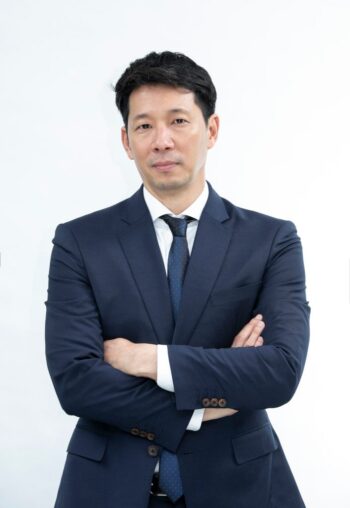6 July 2020
Published in the HelloDD

Dr. Bryan K.S. Yeung, Senior Director of Strategy, RIGHT Fund
Infectious diseases remain a significant burden on the global community. The past two decades have seen infectious disease outbreaks of Ebola, Zika, dengue, Middle East respiratory syndrome (MERS), severe acute respiratory syndrome (SARS). These recurring outbreaks are a stark reminder that infectious diseases are not only limited to poor populations and underdeveloped nations. The world is currently in the midst of a third new coronavirus outbreak which has had an unexpected global impact on both rich and poor nations alike and highlights the susceptibility of the global population to a highly contagious pathogen like SARS-CoV-2 (COVID-19). This pandemic is unprecedented both in terms of the economic impact and previous efforts to develop new interventions for MERS and SARS.
To solve a significant global health matter such as this pandemic, international cooperation is very important. The RIGHT (Research Investment for Global Health Technology) Fund is a global health research funding agency established in 2018 by the Ministry of Health and Welfare of South Korea, the Bill & Melinda Gates Foundation (BMGF), and Korean industry partners to address the medical and technological needs towards alleviating the impact of infectious diseases especially in developing countries. The RIGHT Fund invests in vaccines, therapeutics, diagnostics, and digital health applications that can improve the lives of patients in low-resource settings. Like other research funding agencies, applicants to the RIGHT Fund should highlight how their proposal can address the current unmet medical need such as the lack of available treatments. Other pivotal aspects the RIGHT Fund considers includes the utilization of specific or emerging technologies that exemplify the strengths of Korea; projects that can enrich the local development pipeline particularly with respect to product development and manufacturing; and expanding engagement of Korean companies or R&D organizations for global health initiatives. Leveraging strength increases the possibility of success in public-private-partnership so that leveraging the strengths of Korea could ultimately contribute to improving global health.